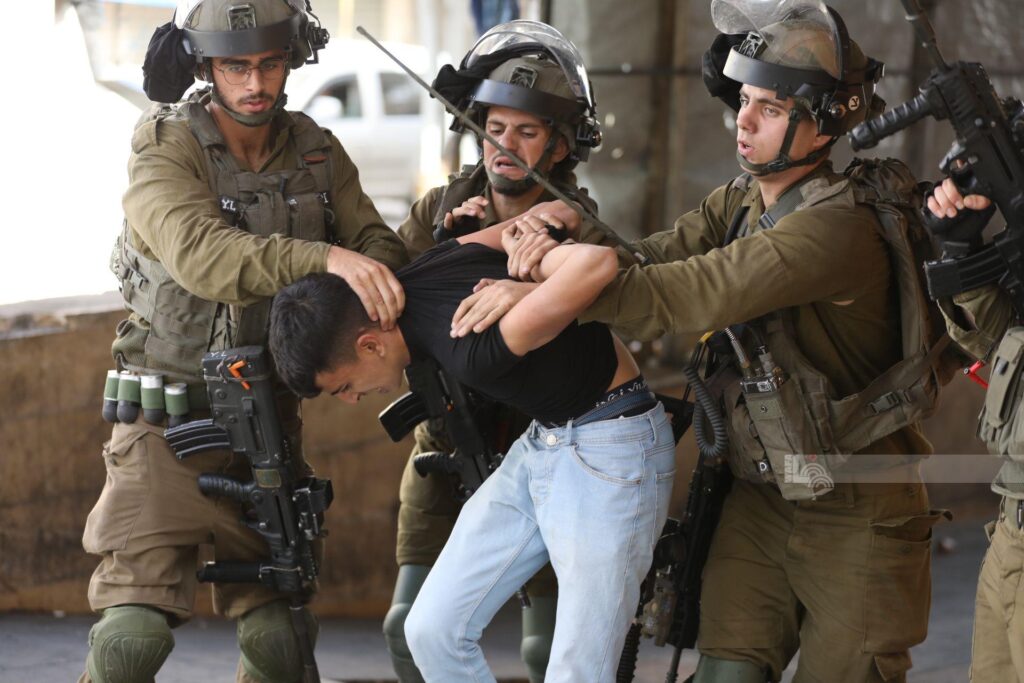In a series of early morning operations across the occupied West Bank, Israeli forces detained at least ten Palestinians, escalating tensions in an already volatile region. The arrests occurred in various areas, with the largest number of individuals taken from the Ramallah and el-Bireh governorate. Among those arrested were three young men between the ages of 17 and 20 from the village of Burqa. These detentions have added to the growing number of Palestinians held in Israeli custody amid heightened security campaigns.
In the town of Azzun, located in the Qalqilya governorate, three more Palestinians were arrested. The town has frequently been a site of military activity and clashes, as its residents regularly protest the continued occupation and expansion of Israeli settlements in the region. Such raids often take place during the night or early morning hours, catching families by surprise and leading to fear and distress within the community.
The targeting of young Palestinians in these operations has drawn concern from human rights observers who warn about the long-term psychological and societal effects of these arrests. Many of those detained are not formally charged and are held under administrative detention, a policy that allows authorities to imprison individuals without trial or specific charges for extended periods. This practice has faced repeated international criticism for violating basic legal protections.
Simultaneously, Israeli authorities carried out the demolition of a residential building in Kafr Qasim, a town predominantly inhabited by Palestinian citizens of Israel. The three-storey home was razed as part of what officials described as an enforcement of building regulations. However, the incident has reignited accusations of discriminatory policies against Palestinian communities inside Israel, particularly regarding housing and urban planning rights.
Residents of Kafr Qasim expressed outrage at the demolition, stating that securing construction permits is often extremely difficult for Palestinian citizens, leading many to build without official authorization. They argue that while Jewish Israeli towns receive substantial government support and approvals for expansion, Palestinian-majority areas face disproportionate restrictions and demolitions.
The destruction of the home left a family homeless, sparking protests and community gatherings demanding accountability and fair treatment. Activists highlighted the broader context of inequality and systemic challenges faced by Palestinian citizens within Israel, noting that such demolitions are part of a pattern that undermines their right to housing and development.
These recent events—the arrests in the West Bank and the demolition in Kafr Qasim—underscore the continuing unrest and disparity in the region. They contribute to the wider narrative of occupation, displacement, and civil resistance that defines the Israeli-Palestinian conflict today. As tensions persist, so too do calls for international attention and intervention to address the root causes and prevent further deterioration of conditions on the ground.

